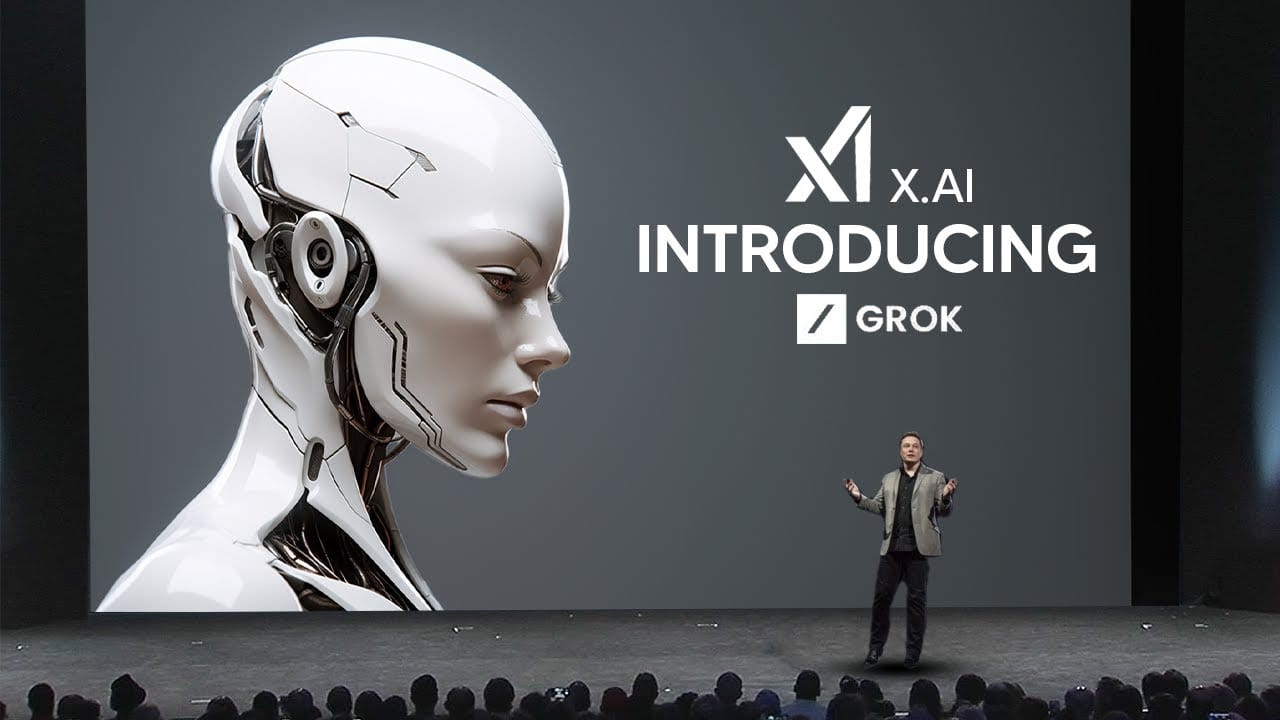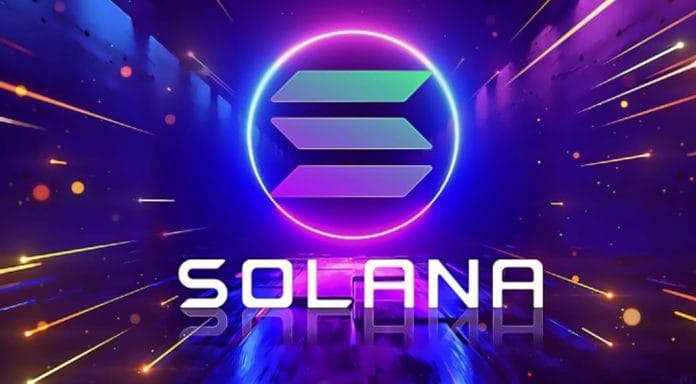Nvidia recently confirmed an update to its DLSS Frame Generation feature, enhancing its performance capabilities and reducing VRAM usage for users with the latest RTX 40 series graphics cards. This update is particularly important for gamers who have been experiencing performance-related issues when playing highly demanding games.
DLSS, or Deep Learning Super Sampling, is an advanced algorithm developed by Nvidia for his GPUs. It uses artificial intelligence to improve image quality and performance offloading some of the rendering tasks to the GPU in games that support this feature. While DLSS Frame Generation offers various benefits with respect to performance improvement and image quality, the original version has been reported to consume higher VRAM on specific games.
With the release of the RTX 40 series, named Ada Lovelace architecture, Nvidia sought to overcome these limitations. The updated DLSS Frame Generation feature specifically designed for these GPUs brings an optimized approach to better manage VRAM usage, enhancing performance during gaming sessions. By focusing on better VRAM management, Nvidia hopes to provide a smoother gaming experience for users without encountering frame generation-related issues.
The updated DLSS Frame Generation will be rolling out soon alongside new or updated games for users to enjoy improved performance and more significant VRAM savings.


